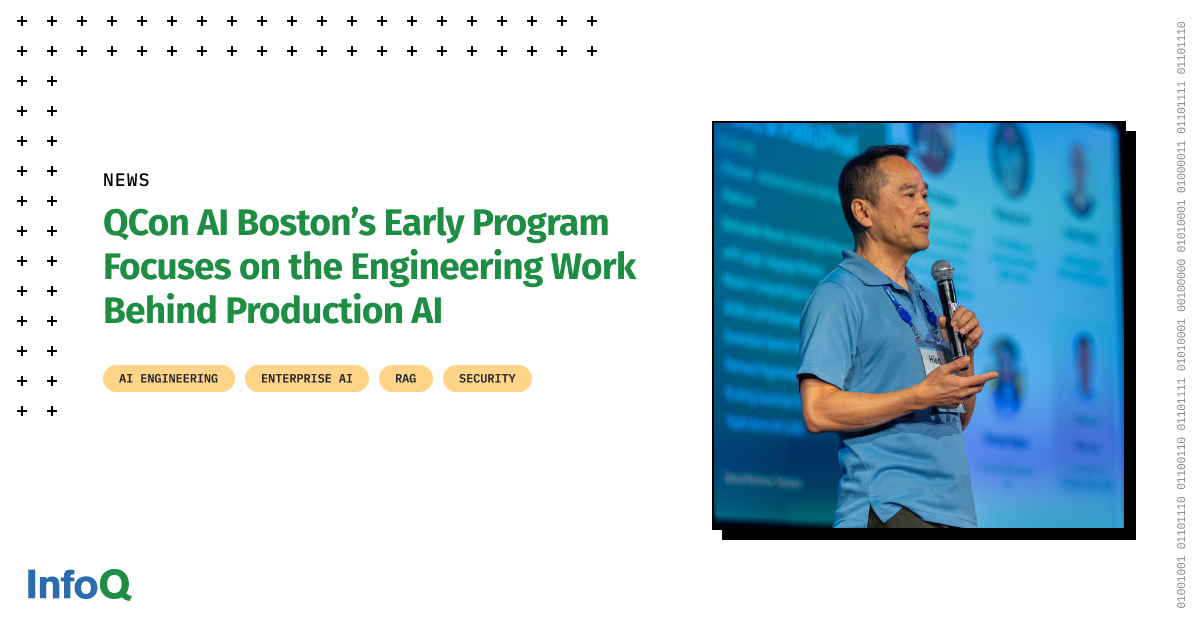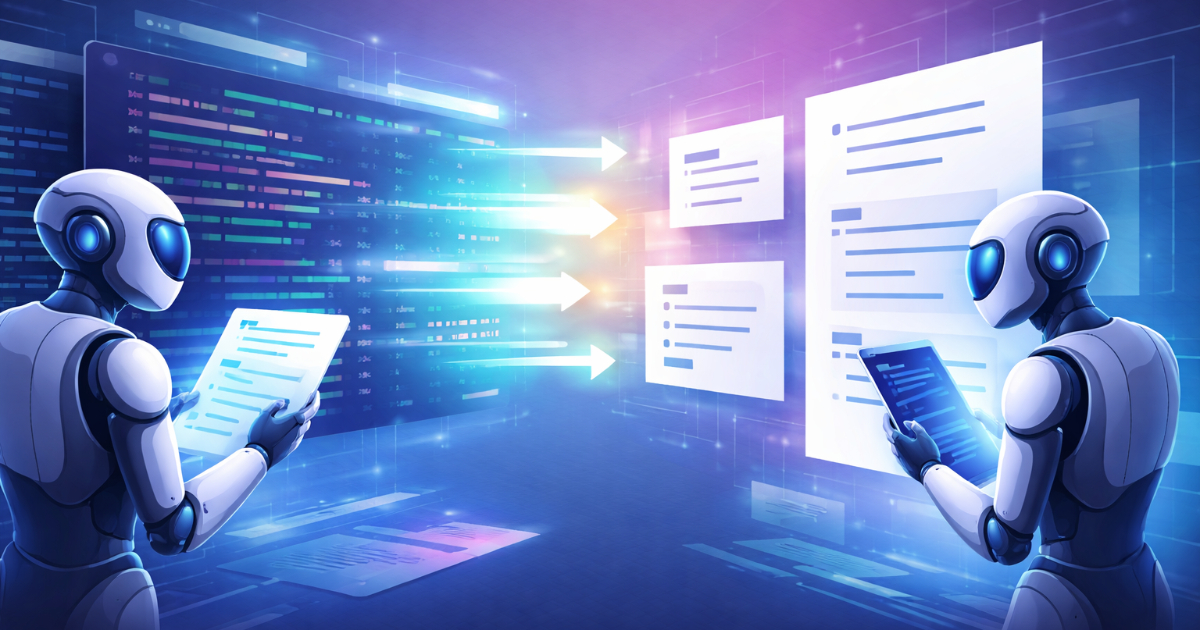Codetown
Codetown ::: a software developer's community
Using rs-232 in a java desktop application
Hello all:
I am fairly new to the Java world and would like some advice on how to handle rs-232 communications with a Java based GUI I am working on. Several years ago I created a similar GUI with Visual Basic, but my coding skills are a bit rusty and I never got the communication thing completely figured out. I could send command strings easy enough, but I had trouble getting responses and processing them quickly.
The current GUI is to control an RGB lighting system. It has some sliders, some radio buttons, and a few check boxes. When the sliders move a command string needs to be sent out. It will have to happen quickly so that the change in light level is smooth. When the radio buttons and check boxes are clicked, single commands will have to be sent out.
I would also like to be able to handle any responses sent back from the controller. When the sliders are moved, there will be a lot of comm traffic coming back to the GUI. I sure this will require a buffer of some kind, but I am not sure how to set it up.
Once I get the rs-232 option up and running, I need to look at communicating with the light controller via an Ethernet connection.
Any advise or assistance would be appreciated.
Paul Stearns
Tags:
Replies to This Discussion
-
Permalink Reply by Paul Stearns on May 27, 2011 at 5:00pm
-
Thanks Nem. I will check those out.
Paul
-
Permalink Reply by Paul Stearns on June 1, 2011 at 5:44pm
-
I took a look at some of the documentation and it seems that RS-232 is not supported for Windows apps anymore. If this is indeed the case, then I guess I need to look at sending communications via Ethernet and using a converter to get it to the RS-232 device.
Any guidance on how to proceed would be appreciated.
Notes
Welcome to Codetown!
 Codetown is a social network. It's got blogs, forums, groups, personal pages and more! You might think of Codetown as a funky camper van with lots of compartments for your stuff and a great multimedia system, too! Best of all, Codetown has room for all of your friends.
Codetown is a social network. It's got blogs, forums, groups, personal pages and more! You might think of Codetown as a funky camper van with lots of compartments for your stuff and a great multimedia system, too! Best of all, Codetown has room for all of your friends.
Created by Michael Levin Dec 18, 2008 at 6:56pm. Last updated by Michael Levin May 4, 2018.
Looking for Jobs or Staff?
Check out the Codetown Jobs group.
InfoQ Reading List
Decentralizing Architectural Decisions with the Architecture Advice Process

Our system architectures have changed as technology and development practices have evolved, but the way we practice architecture hasn’t kept up. According to Andrew Harmel-Law, architecture needs to be decentralized, similar to how we have decentralized our systems. The alternative to having an architect take and communicate decisions is to “let anyone make the decisions” using the advice process.
By Ben LindersQCon AI Boston’s Early Program Focuses on the Engineering Work Behind Production AI

As teams move AI from pilots to production, the hard problems shift from demos to dependability. The first confirmed talks for QCon AI Boston (June 1–2) focus on context engineering, agent explainability, reasoning beyond basic RAG, evaluation, governance, and platform infrastructure needed to run AI reliably under real-world constraints.
By Artenisa ChatziouGitHub Data Shows AI Tools Creating "Convenience Loops" That Reshape Developer Language Choices

GitHub’s Octoverse 2025 report reveals a "convenience loop" where AI coding assistants drive language choice. TypeScript’s 66% surge to the #1 spot highlights a shift toward static typing, as types provide essential guardrails for LLMs. While Python leads in AI research, the industry is consolidating around stacks that minimize AI friction, creating a barrier for new, niche languages.
By Steef-Jan WiggersCloudflare Debuts Markdown for Agents and Content Signals to Guide AI Crawlers

Cloudflare has introduced “Markdown for Agents,” a feature that lets AI crawlers request Markdown versions of web pages. The company pairs the feature with a proposed “Content Signals” mechanism that lets publishers declare whether their content may be used for AI training, search indexing or inference.
By Matt FosterPresentation: What I Wish I Knew When I Started with Green IT

Ludi Akue discusses how the tech sector’s rising emissions impact our global climate goals. Drawing from her experience as a CTO, she explains seven key lessons for implementing Green IT. She shares insights on LCA assessments, the paradox of microservices, and why FinOps doesn’t always equal green.
By Ludi Akue
© 2026 Created by Michael Levin.
Powered by
![]()